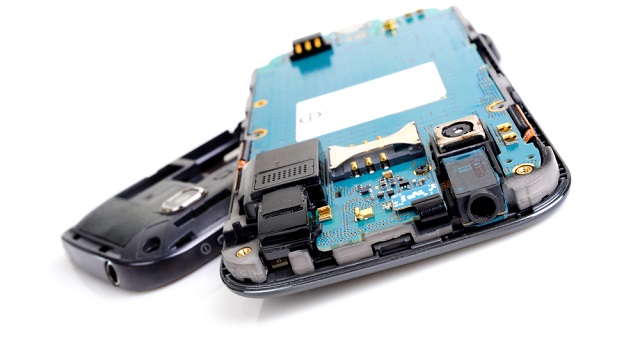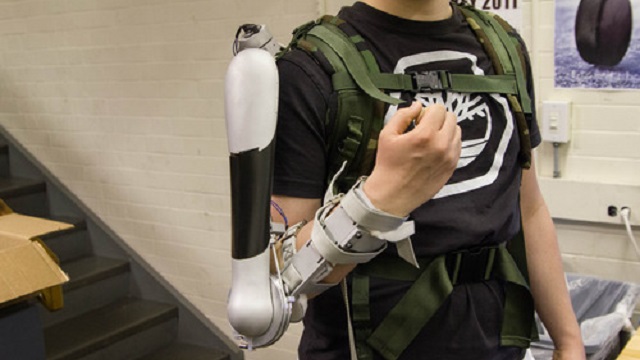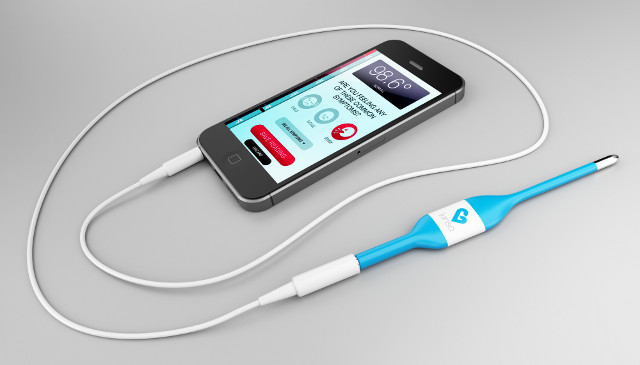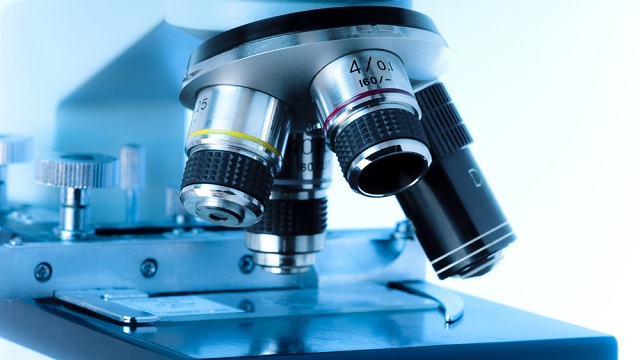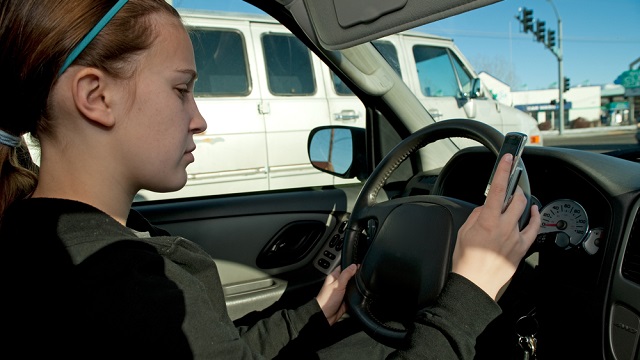Kecia Lynn
Kecia Lynn has worked as a technical writer, editor, software developer, arts administrator, summer camp director, and television host. A graduate of Case Western Reserve University and the Iowa Writers' Workshop, she is currently living in Iowa City and working on her first novel.
In Jeffrey Katzenberg’s vision of the future, movies will appear exclusively on the big screen for exactly three weekends before they become widely available for all formats, from regular TVs to smartphones.
The proposed plan would gradually increase the wage over the next several years. If approved by city lawmakers, it would be one of the highest minimum rates in the world.
A Dutch professor has unveiled a prototype of a “smart umbrella” that uses a sensor and Bluetooth to transmit data to a computer. Unlike expensive rain gauges, hundreds of these “mobile weather stations” could provide valuable measurements much more cheaply.
Accelerometers, GPS receivers, gyroscopes, and other sensors found in many smartphones could offer valuable clues to digital forensics investigators looking into the causes of plane crashes and other disasters.
As part of this year’s NYCxDESIGN festival, the iconic museum’s store will feature 24 items that were successfully crowdfunded via Kickstarter. Among them will be a pocket-sized Instagram photo slideshow projector and an all-natural wood-based watch.
The Neurogrid can simulate a million neurons and billions of synaptic connections, making it 9,000 times faster than a typical PC. Possible applications include prostheses that work nearly as fast as human thought.
Next year’s undergraduates will each receive US$100 in bitcoins as part of a large-scale experiment to see what kind of financial ecosystem will develop.
Researchers conducted several studies that they say suggest people ascribe greater intelligence and status to those whose signatures include one or more middle initials.
Readings show that, on average, they’ve exceeded 400 parts per million every day this month. The last time they were that high, Homo sapiens didn’t even exist. (There’s still today, but it’s not looking too good.)
Following in Amazon’s footsteps, the network is launching a Web site where the public can submit pitches for future comedy shows. The best will be filmed as pilot episodes for possible future series.
If signed, a bill passed by Vermont’s legislature would make it the first US state to require disclosure for certain foods containing genetically modified ingredients. It would also clear the way for laws in neighboring states.
This week the agency put out a Request for Information in hopes of attracting creative thinkers who can help them “achieve the most science at minimum cost.”
A new study suggests that taking notes by hand, rather than with a laptop, helps lecture attendees remember more.
One expert predicts that “hearables” — wireless earpieces capable of delivering all sorts of information — could become a multibillion-dollar market by 2018.
Experts say El Hierro is expected to become the first island in the world to get all its electricity from wind and water power without assistance from any outside power grid.
Thanks to the efforts of the Danish government, it’s the most detailed virtual representation of a real country ever developed using the popular world-building platform.
Designed by a team of University of Pennsylvania students, the Titan Arm just received a $45,000 award from the James Dyson Foundation.
University of Cincinnati researchers have designed technology that channels sunlight to dark interior rooms through grids of tiny adjustable cells. The energy can also be stored to power electrical systems.
Charlie Harry Francis, owner of UK-based Lick Me I’m Delicious, has created many unusual frozen treats, but this is the first that uses synthesized jellyfish proteins to produce a unique glow. Unfortunately, the stuff’s not cheap.
The English town of Milton Keynes plans to replace its current public transportation system with 100 electric pods that customers can call and pay for using a smartphone.
In more creative mobile tech news: Kinsa consists of the thermometer — which attaches to the headphone jack — and an app that tells a user the local “health weather” as well as their temperature.
UCLA scientists have created an imaging system that can display particles as tiny as 100 nanometers via a smartphone’s camera. Such a system could be useful for detecting certain viruses, such as HIV.
Researchers used zinc oxide nanorods to create a solar cell, then played music to determine the sound waves’ effect on performance. Pop and rock music bumped up efficiency levels by 40 percent.
With help from NASA’s Kepler space telescope, astronomers have calculated that of all the stars in our galaxy that resemble our sun, one in five hosts an Earth-sized planet at a distance that allows for liquid water at the surface.
Engineer Alex Hornstein is the creator of Tiny Pipes, a system that’s turned out to be a bargain for residents of one off-the-grid Philippine island.
As the bears begin their northward migration, researchers have added a snapshot option to their live feeds and developed a smartphone app. The hope is that visitors — both online and in person — will capture and share images.
By entering instructions on its touchscreen, the 2014 Nissan Altima will send texts and Facebook updates while you’re driving, so you don’t have to.
As Adobe recovers from a security breach involving information from 38 million active users, a security researcher has identified the most common passwords employed. At the top of the list: “123456.”
Members and supporters of the hacktivist group are participating in Million Mask March protests around the world today (Nov. 5) to “defend humanity” from unjust corporations and governments.
Tesco plans to install the technology at its 450 gas stations so that it can deliver customized ads — based on age and gender — on a nearby screen. Not surprisingly, privacy advocates are concerned.



